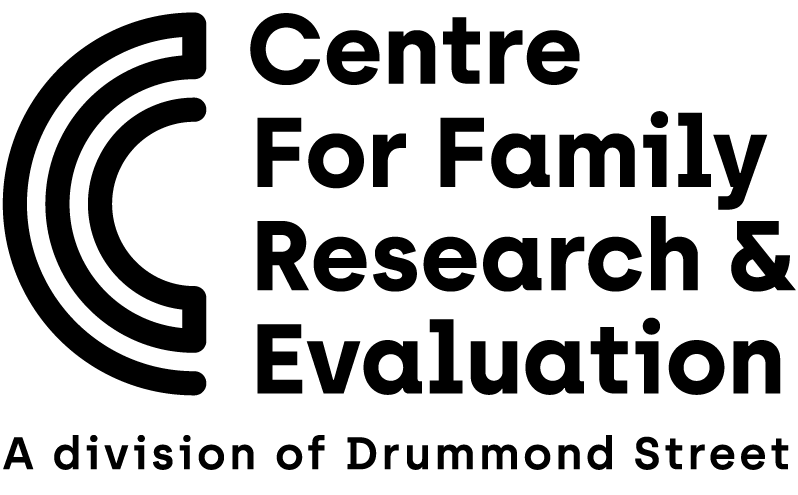 How do we Embed Monitoring, Evaluation and Learning Practices (EMELP) in Family Violence Service Organisations in Australia?
How do we Embed Monitoring, Evaluation and Learning Practices (EMELP) in Family Violence Service Organisations in Australia?
The National Plan to Reduce Violence Against Women and Their Children 2010-2022 is premised on four foundational elements that aim to underpin the necessary change required for organisations to communally address this issue in Australia. These include: strengthening the workforce; integrating systems and sharing information; improving the evidence base; and tracking performance [1]. It may be suggested that monitoring, evaluation and learning capacity at all levels of the family violence sector, should be considered foundational to collectively achieving these aims. Indeed, evaluation is considered a standard funder requirement for community-based services and programs within the Australian context [2].
In our current work to build the capacity of organisations to implement evidence-based practice and use outcomes measures to assess service effectiveness in delivering family violence services across Australia, CFRE has observed that this sector is faced with unique challenges in developing this capacity. Anecdotal evidence regarding the benefits of the external development of evaluations with a focus on funder requirements, points to the fact that the potential process effects of evaluations are not being realised. Whilst short-term capacity development training and support approaches are reported to increase knowledge around monitoring and evaluation principles and methods, there remains a need for ongoing developmental support in the creation and maintenance of monitoring and evaluation frameworks and activities that can support participatory and utilisation focused evaluation practices within organisations.
Aims and Objectives
The primary objective of this study is to develop an innovative evidence-based conceptual framework for a capacity development approach to embedding Monitoring Evaluation and Learning (MEL) practice in Family Violence Service organisations. This framework would explicitly account for the unique context in which family violence services are delivered.
This research study aims to:
– Understand the constraints and enablers of MEL capacity development in Family Violence service organisations.
– Development an understanding of what an optimal approach to MEL capacity development in this sector would look like.
Primary Research Questions
1. What do current approaches to evaluation capacity building within the family services sector look like?
2. What are the reported constraints and enablers of MEL capacity development in Family Violence service organisations?
3. What do managers of Family Violence service organisations and programs think an optimal approach to MEL capacity development in this sector would look like?
4. What do managers of Family Violence service organisations and programs think is required to enable and embed MEL in practice?
Developing a conceptual framework for a tailored approach to embedding MEL practices within organisations that deliver family violence services has the potential to increase the quality and timeliness of evidence of what works within this sector. In addition, it could contribute in a meaningful and timely manner to the development of the foundational elements of change targeted in The National Plan to Reduce Violence Against Women and Their Children 2010-2022. CFRE looks forward to bringing you further updates as we progress our research.
[1] Council of Australian Governments, (2011). The National Plan to Reduce Violence Against Women and Their Children 2010-2022. https://www.dss.gov.au/sites/default/files/documents/08_2014/national_plan1.pdf
[2] ANROWS, (2018). A Guide to Evaluating Interventions Related to Violence Against Women. https://www.anrows.org.au/publication/evaluating-interventions-related-to-violence-against-women/

The CFRE team has extensive experience in conducting research and strong links with universities and research institutes. For more information about this or any other research project, please contact the CFRE team at cfre@ds.org.au or (03) 9663 6733.


